Arno Schödl
Why Iterators Got It All Wrong — and what we should use instead
#1about 1 minute
The dual role of C++ iterators as elements and borders
C++ iterators, modeled after pointers, are used ambiguously to represent both specific elements and the borders between them.
#2about 1 minute
Writing cleaner code with C++ ranges
C++20 ranges simplify code by reducing the boilerplate of begin() and end() calls required with traditional iterator pairs.
#3about 4 minutes
Using range adapters for lazy transformations
Range adapters like transform allow for lazy evaluation, separating data projection from the search operation for more modular code.
#4about 2 minutes
How filter adapters create ambiguity for borders
The filter adapter demonstrates a flaw where mapping a border from a filtered range back to the original range is ambiguous.
#5about 5 minutes
The core problem with the reverse adapter
The reverse adapter proves that a single .base() method cannot correctly map both elements and borders back to the original range.
#6about 3 minutes
A formal solution with element and border concepts
The fundamental iterator flaw can be solved by introducing two distinct concepts: 'border' for positions between items and 'element' for the items themselves.
#7about 4 minutes
Improving algorithms with nullable elements and better names
Further improvements include making element types nullable to handle 'not found' cases cleanly and using more descriptive algorithm names like binary_find.
#8about 2 minutes
Conclusion and the think-cell range library
The think-cell C++ range library implements concepts like nullable elements and refined algorithms to address the inherent flaws in standard iterators.
#9about 4 minutes
Q&A on iterator invalidation and border types
The speaker addresses audience questions regarding how the border and element distinction interacts with container iterator invalidation and mathematical open or closed intervals.
Related jobs
Jobs that call for the skills explored in this talk.
Wilken GmbH
Ulm, Germany
Senior
Kubernetes
AI Frameworks
+3
VECTOR Informatik
Stuttgart, Germany
Senior
Java
IT Security
Matching moments

04:57 MIN
Increasing the value of talk recordings post-event
Cat Herding with Lions and Tigers - Christian Heilmann

02:39 MIN
Establishing a single source of truth for all data
Cat Herding with Lions and Tigers - Christian Heilmann

02:44 MIN
Rapid-fire thoughts on the future of work
What 2025 Taught Us: A Year-End Special with Hung Lee

04:22 MIN
Why HR struggles with technology implementation and adoption
What 2025 Taught Us: A Year-End Special with Hung Lee

03:38 MIN
Balancing the trade-off between efficiency and resilience
What 2025 Taught Us: A Year-End Special with Hung Lee

03:39 MIN
Breaking down silos between HR, tech, and business
What 2025 Taught Us: A Year-End Special with Hung Lee

04:27 MIN
Moving beyond headcount to solve business problems
What 2025 Taught Us: A Year-End Special with Hung Lee

03:28 MIN
Why corporate AI adoption lags behind the hype
What 2025 Taught Us: A Year-End Special with Hung Lee
Featured Partners
Related Videos
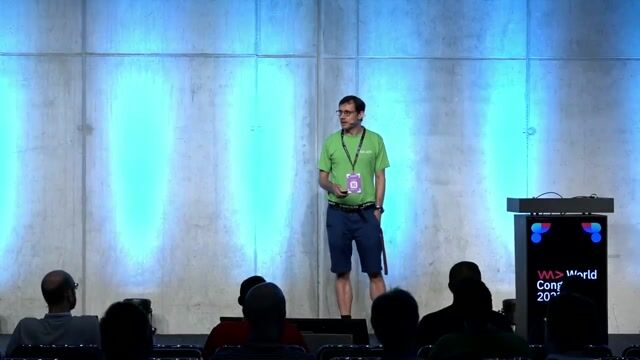 24:17
24:17The C++ rvalue lifetime disaster
Arno Schoedl
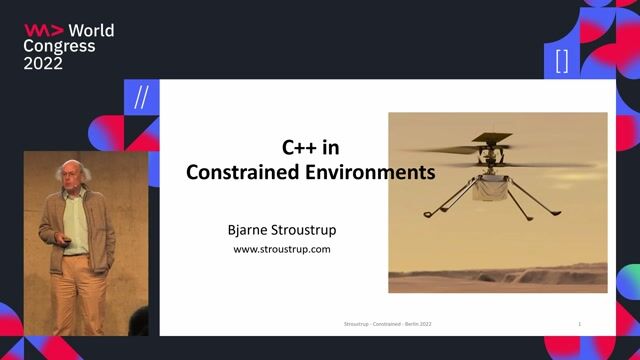 1:00:16
1:00:16C++ in constrained environments
Bjarne Stroustrup
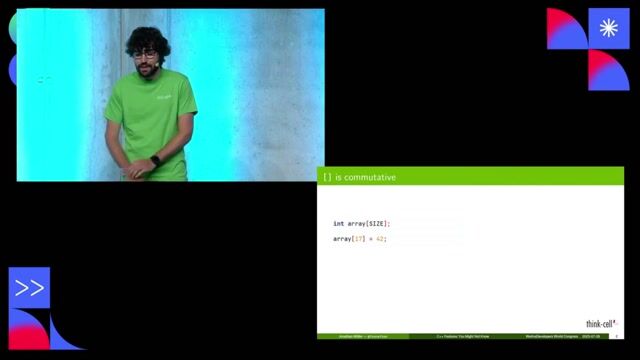 24:13
24:13C++ Features You Might Not Know
Jonathan Müller
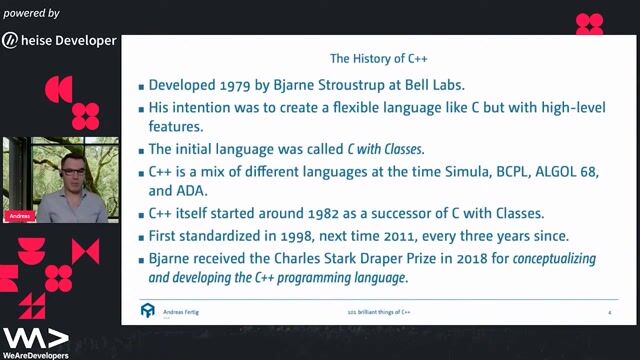 45:27
45:27101 brilliant things of C++
Andreas Fertig
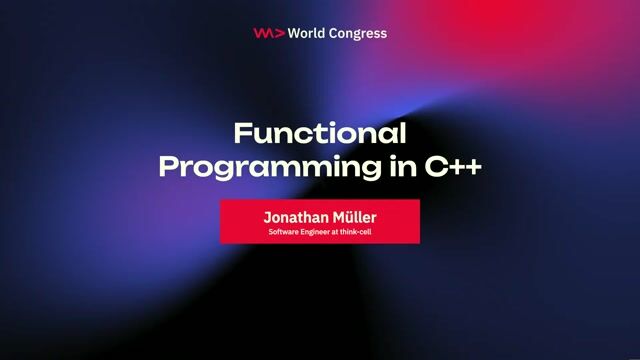 26:54
26:54Functional Programming in C++
Jonathan Müller
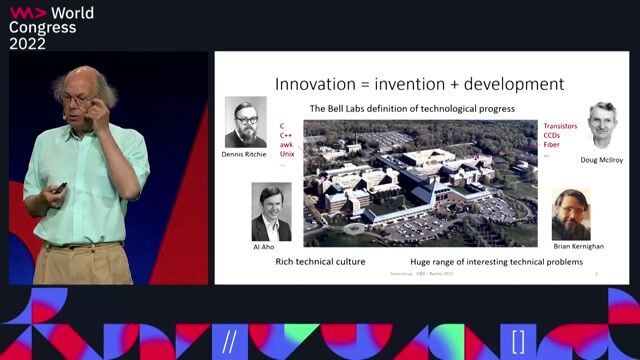 1:01:15
1:01:15The Design and Evolution of C++
Bjarne Stroustrup
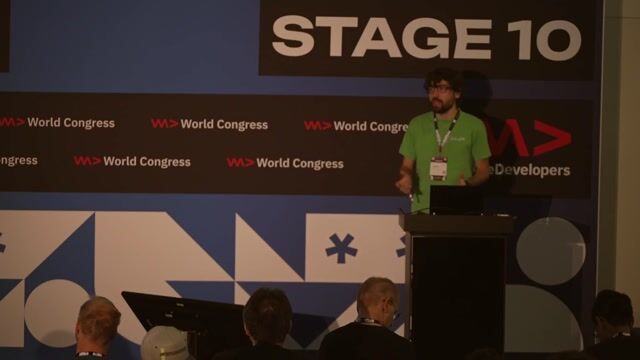 28:07
28:07An (In-)Complete Guide to C++ Object Lifetimes
Jonathan Müller
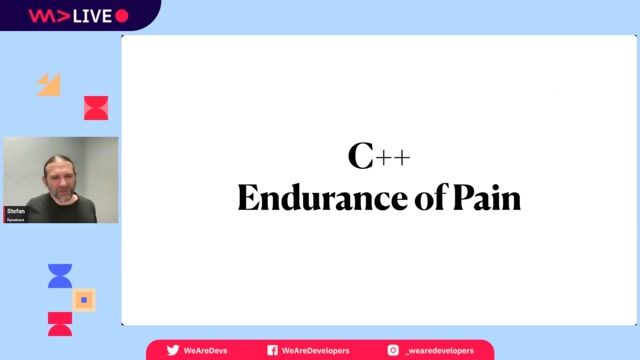 1:00:08
1:00:08Eternal Sunshine of the Spotless Programming Language
Stefan Baumgartner
Related Articles
View all articles



From learning to earning
Jobs that call for the skills explored in this talk.

Der STANDARD
Vienna, Austria
Senior
Next.js
TypeScript

Visonum GmbH
Remote
Junior
Intermediate
React
Redux
TypeScript

Der STANDARD
Vienna, Austria
Senior
TypeScript
Amazon Web Services (AWS)




Servus Intralogistics Gmbh
Dornbirn, Austria
€53K
C++
Software Architecture
Test Driven Development

silverbytes Custom Software Solutions
Vienna, Austria
€60K
API
CSS
GIT
.NET
+13
